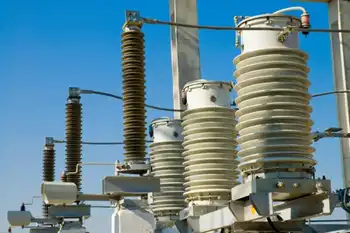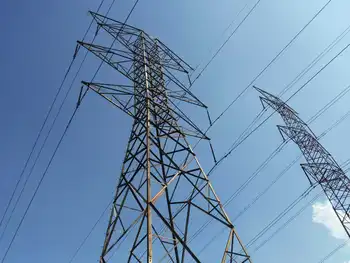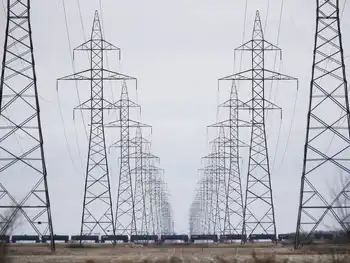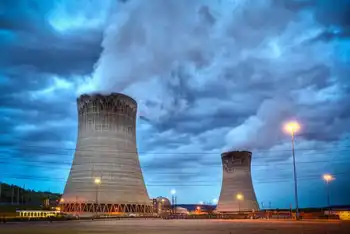ABB wins $400 Million upgrade contract in Kuwait
By Industrial Info Resources
NFPA 70e Training
Our customized live online or in‑person group training can be delivered to your staff at your location.

- Live Online
- 6 hours Instructor-led
- Group Training Available
After a disappointing final quarter for 2008, which saw orders fall for the first time in three years, ABB has bounced back with the order from Kuwait's Ministry of Electricity and Water for the design, supply, installation, testing and commissioning of the three new substations.
The new substations will be designed to upgrade the transmission voltage in the Kuwaiti grid from 300 kV to 400 kV, a prerequisite to Kuwait's connection to adjacent Gulf Cooperation Council (GCC) countries, which already operate at the higher voltage level.
The contract calls for ABB to supply 12 power transformers of 400 kV and 765 megavolt-ampere capacity, gas-insulated switching gear, network protection and control equipment, and low-voltage auxiliary systems. In addition to enabling GCC interconnection, the upgrade to 400 kV is also needed to meet the rising demand in Kuwait for a reliable and higher capacity grid. Completion of the project is planned for 2011. ABB also built and installed the first 400-kV substation in Kuwait as part of the GCC initiative and has delivered about 10,000 substations worldwide at voltages of up to 800 kV.
Created in 1981, the GCC is a trading bloc consisting of Bahrain, Kuwait, Oman, Qatar, Saudi Arabia and United Arab Emirates. The GCC Interconnection Authority (GCCIA), created in 2001, oversees two of the three phases constituting the $7 billion project plan to link the electricity grids of the member states. Phase I is the North Grid, connecting Bahrain, Kuwait, Saudi Arabia and Qatar. Phase II, not under the control of the GCCIA, involves the integration of the isolated systems of United Arab Emirates and Oman. Phase III involves the interconnection of the North and South grids.
Under the plan, the final connection of the North and South grids will enable Kuwait and Saudi Arabia to receive an additional 1,200 megawatts (MW) of power each. The project will supply an additional 900 MW to United Arab Emirates, 750 MW to Qatar, 600 MW to Bahrain, and 450 MW to Oman. Completion of the final connection was originally scheduled for 2010, however this deadline has now been pushed to 2011. Once completed, there is the possibility of linking the grid to other international grids, such as the European Union for the Coordination of Transmission of Electricity and the Egypt-Jordan-Iraq-Lebanon-Syria-Turkey alliance.
Construction of Phase I commenced in 2005. Almost 91% of this phase is completed. The phase consists of an 800-kilometer, double circuit 400-kV power cable from Al Zour in Kuwait to Doha in Qatar, and a double circuit 400-kV undersea cable from Al Jasra, off the coast of Bahrain, to Ghunan in Saudi Arabia. The network has six transforming substations of 400 kV each en route in Al Zour in Kuwait, Al Fadhili, Ghunan and Salwa in Saudi Arabia, and Al Jasra and Doha in Qatar, with an interconnection control center located at Ghunan.
Earlier this month, Qatar signed the general agreement with the GCCIA, which paves the way for local grid authorities to sign the Power Exchange and Trading Agreement, which sets the rules and regulations governing trading and electricity exchanges under normal and emergency conditions.











